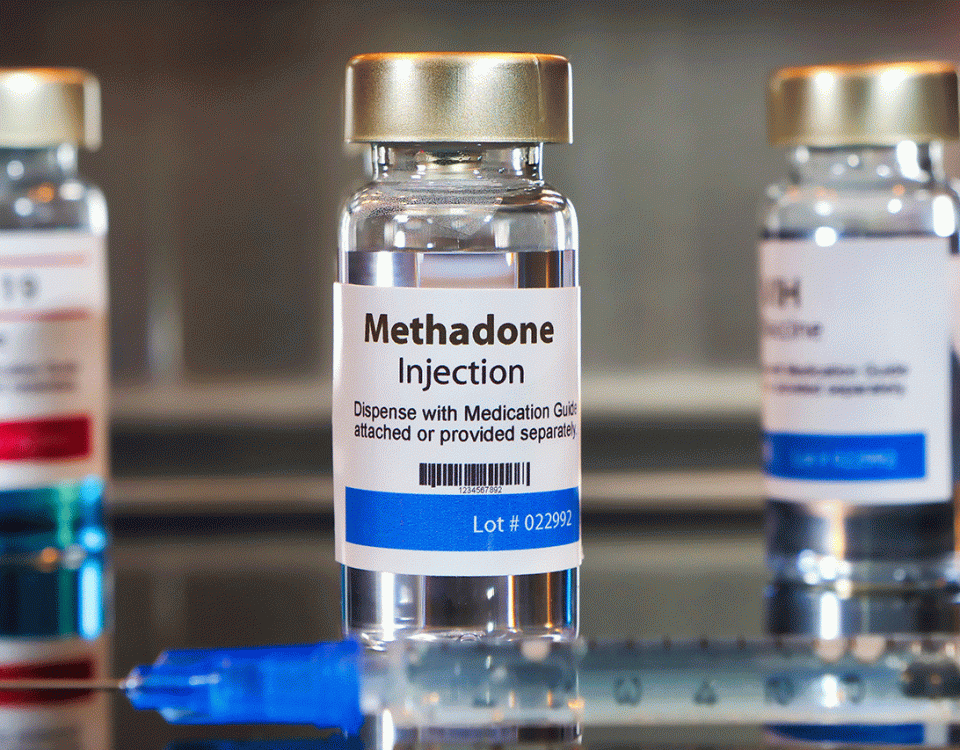Delving into the legal landscape of California, the term "Cocaine Possession" echoes with implications that extend far beyond the surface. Governed by stringent measures detailed in the California Health and Safety Code, this offense holds individuals accountable for a range of charges, contingent on factors such as drug quantity, criminal history, and intent. From felony charges and potential imprisonment to fines, the penalties for cocaine possession in California are both nuanced and impactful. Banyan Treatment Centers Palm Springs aims to unravel the layers surrounding this topic, shedding light on the gravity of the offense and the intricate legal pathways that individuals navigate in the face of potential addiction struggles.
Why Is Cocaine Illegal in California?
Cocaine is prohibited by state and federal law as a controlled substance, which makes it illegal in California and many other jurisdictions because of concerns about how it will affect public health and safety. Cocaine is categorized as a stimulant and is well-known for being extremely addictive as well as having serious negative effects on both physical and mental health. Cocaine abuse, addiction, and criminal activity are just a few of the social problems that are exacerbated by the illicit manufacture, sale, and use of the drug. The state of California hopes to prevent the harmful effects of cocaine abuse and safeguard the welfare of its people by making it a crime.
Additionally, international drug control treaties and agreements have an impact on the legal framework surrounding cocaine. The United States is dedicated to upholding these international accords meant to counter the world drug trade, and California is no exception. As a party to these treaties, California upholds stringent regulations prohibiting the manufacture, sale, and use of illegal drugs such as cocaine to support larger initiatives aimed at tackling the global problems brought on by drug trafficking. This legal position is a reflection of a shared commitment to reducing the harm that substances with a high potential for abuse and addiction cause to society.
Is Cocaine Possession a Felony in California?
Yes, cocaine possession is generally considered a felony in California. The state classifies controlled substances, including cocaine, under the California Health and Safety Code. The possession of cocaine is typically prosecuted as a felony offense, carrying serious legal consequences. Penalties for cocaine possession can include imprisonment, fines, and mandatory participation in drug education or treatment programs.
The severity of the punishment may vary based on factors such as the quantity of cocaine involved, any prior criminal record, and the intent behind the possession, such as personal use or possession with intent to distribute. While California has implemented reforms in recent years to address non-violent drug offenses through alternative sentencing programs, cocaine possession still remains a serious legal violation with potentially severe repercussions.
California Penalties for Possession of Cocaine
According to the California Health and Safety Code, having cocaine in your possession is a serious crime that carries severe penalties. Individuals found in possession of cocaine may face charges ranging from misdemeanors to felonies, depending on factors like the quantity of the drug, criminal history, and the intent behind the possession. This is likely to occur no matter the reason that cocaine was used or possessed.
Possible penalties for cocaine possession in California include:
- Felony charges: Possession of cocaine is often considered a felony, exposing individuals to severe legal consequences.
- Imprisonment: Convictions for cocaine possession can lead to imprisonment for up to 3 years in California State Prison, a significant consequence that underscores the gravity of the offense.
- Formal probation: In some cases, individuals may be placed on formal probation, requiring strict adherence to court-imposed conditions.
- Fines: Monetary fines are a common aspect of the penalty for cocaine possession convictions.
- Community service/labor: Courts may mandate community service or labor as part of the sentencing, contributing to the individual's reparation to society.
- Court-ordered drug education program: Participation in a court-ordered drug education or treatment program is often required, emphasizing rehabilitation as part of the legal process.
- Criminal record: A conviction for cocaine possession results in a criminal record, which can have lasting implications on various aspects of an individual's life, including employment opportunities and housing.
Individuals facing such charges should seek legal counsel, considering the potential life-altering repercussions. It's important to note that for those struggling with cocaine addiction, accessing appropriate treatment options, like those found at our rehabs in California, can be a crucial component of their legal and personal recovery journey. We encourage you to contact us for more information on these services.
Drug Addiction Help in California for Cocaine
At Banyan’s Palm Springs rehab, we recognize the intricate challenges individuals face when dealing with cocaine addiction in California. Our dedicated cocaine addiction treatment program is designed to provide comprehensive care and support tailored to the unique needs of each individual. From the initial stages of withdrawal to the ongoing journey of recovery, our cocaine detox in California prioritizes safe and effective withdrawal management. Our experienced and compassionate team at Banyan Palm Springs is committed to guiding individuals through every step of the recovery process, fostering a supportive environment that encourages lasting change.









